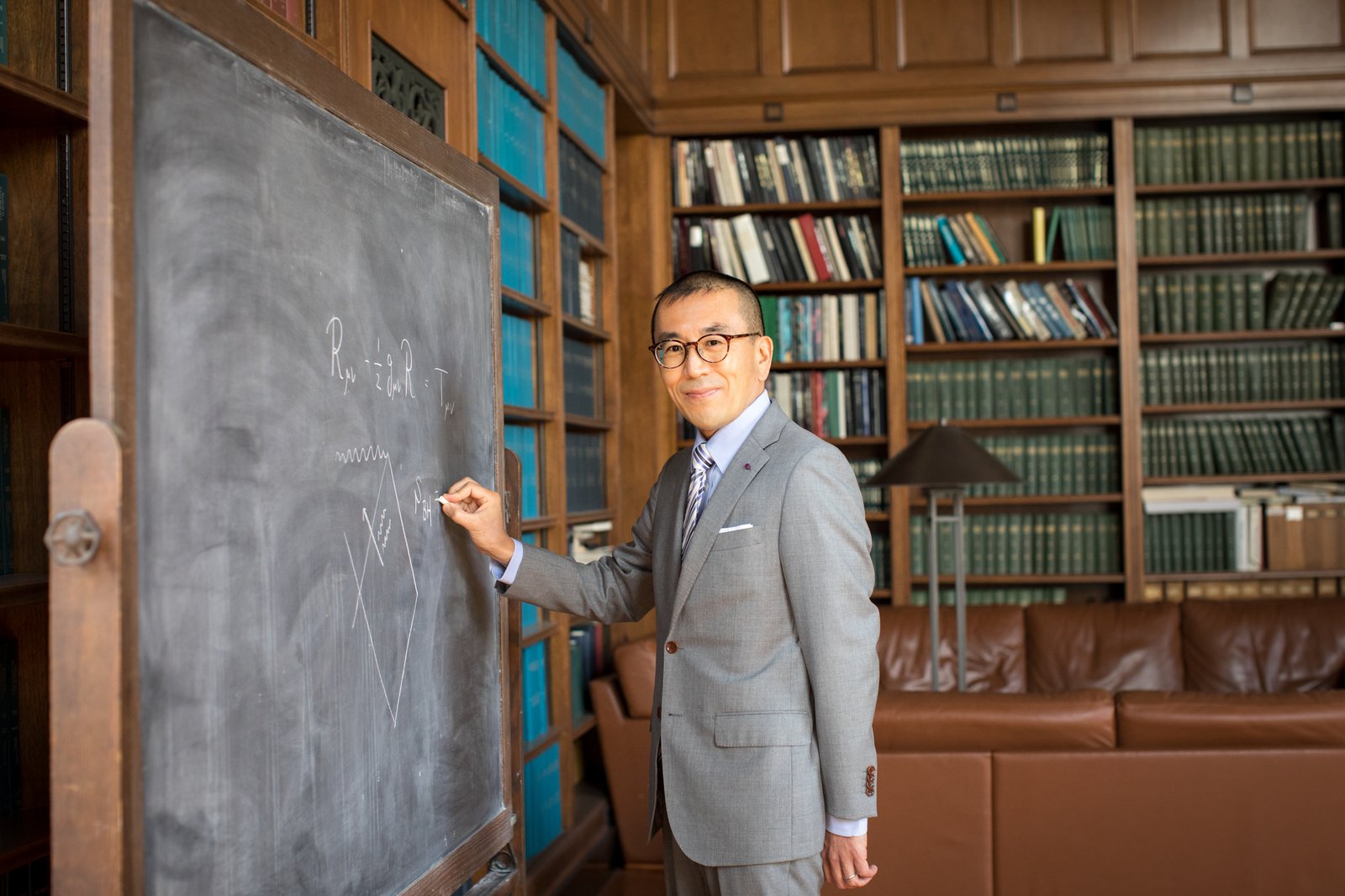HirosiFest @ Kavli IPMU
Lecture Hall
Kavli IPMU, Kashiwa, Japan
Dates: October 20-21, 2022
Venue: Kavli IPMU Lecture Hall, Kashiwa Campus
Overview: Prof. Hirosi Ooguri is one of the founding members of the Kavli IPMU and is currently the director of Kavli IPMU. He has made tremendous contributions in physics and mathematics and is one of the most outstanding researchers of his generation. He is turning sixty this year, and we would like to take this opportunity to celebrate his remarkable contributions in physics and mathematics, bringing together experts worldwide.
This conference is followed by another event in celebration of Prof. Ooguri's 60th birthday: HirosiFest @ Caltech, October 27-28, 2022.
The conference is primarily in an "on-site/in-person" format, but we are thinking of making this event into a hybrid format, where online participation is also available.
Due to Covid-related restrictions of UTokyo and Kavli IPMU, we need to restrict the number of on-site participants to up to ~60 people. (Note added on October 4th: the number was ~30 people before, but now we can accommodate many more people on-site. If you registered previously for online participation and want to change to on-site participation, please modify your registration in the registration page.)

Invited speakers:
Koji Hashimoto (Kyoto) [canceled]
Hitoshi Murayama (UC Berkeley/Kavli IPMU)
Yu Nakayama (Rikkyo)
Yuji Okawa (Tokyo)
Takuya Okuda (Tokyo)
Eric Perlmutter (Saclay)
Sakura Schafer-Nameki (Oxford)
Ashoke Sen (ICTS)
Jaewon Song (KAIST)
Yuji Tachikawa (Kavli IPMU)
Tadashi Takayanagi (YITP, Kyoto)
Cumrun Vafa (Harvard)
Masahito Yamazaki (Kavli IPMU)
Session Chairs:
Simeon Hellerman (Kavli IPMU)
Takuya Okuda (Tokyo)
Jaewon Song (KAIST)
Yuji Tachikawa (Kavli IPMU)
Cumrun Vafa (Harvard)
Masahito Yamazaki (Kavli IPMU)
Organizing Committee:
Juan Maldacena (IAS)
David Simmons-Duffin (Caltech)
John H. Schwarz (Caltech)
Cumrun Vafa (Harvard)
Masahito Yamazaki (Kavli IPMU)
Address:
Kavli Institute for the Physics and Mathematics of the Universe (Kavli IPMU),
the University of Tokyo, 5-1-5 Kashiwa-no-ha, Kashiwa City, Chiba 277-8583, Japan
